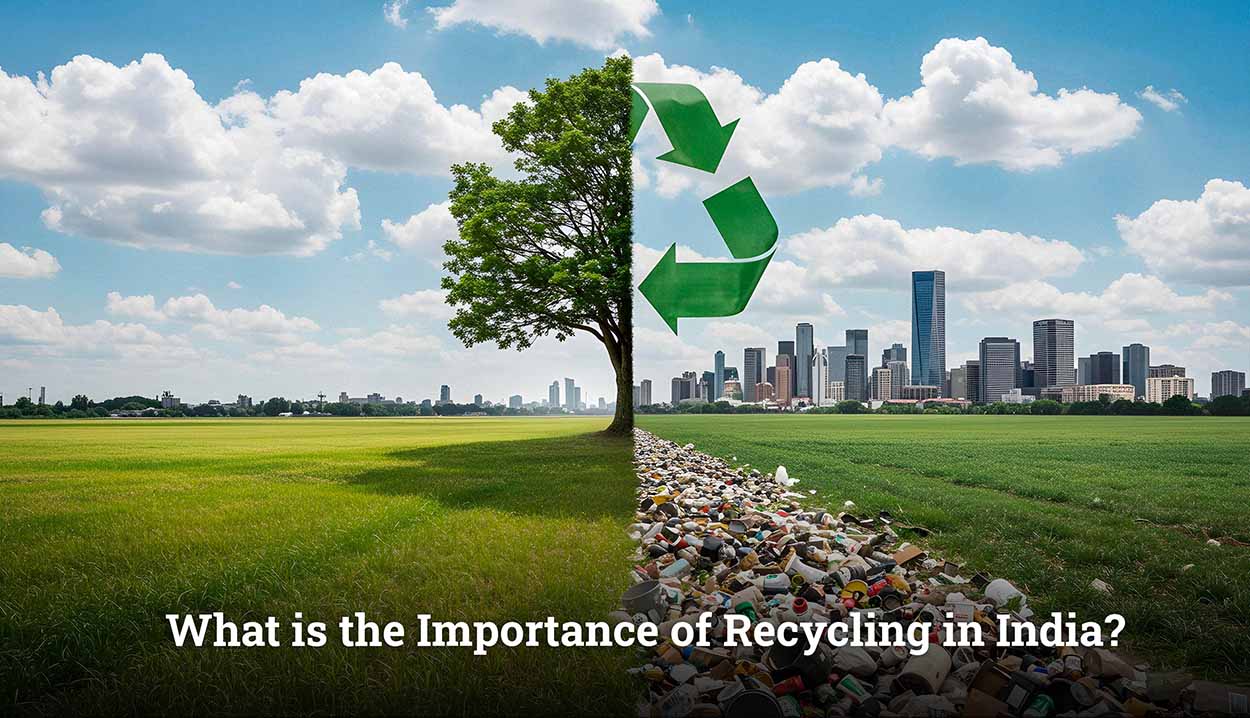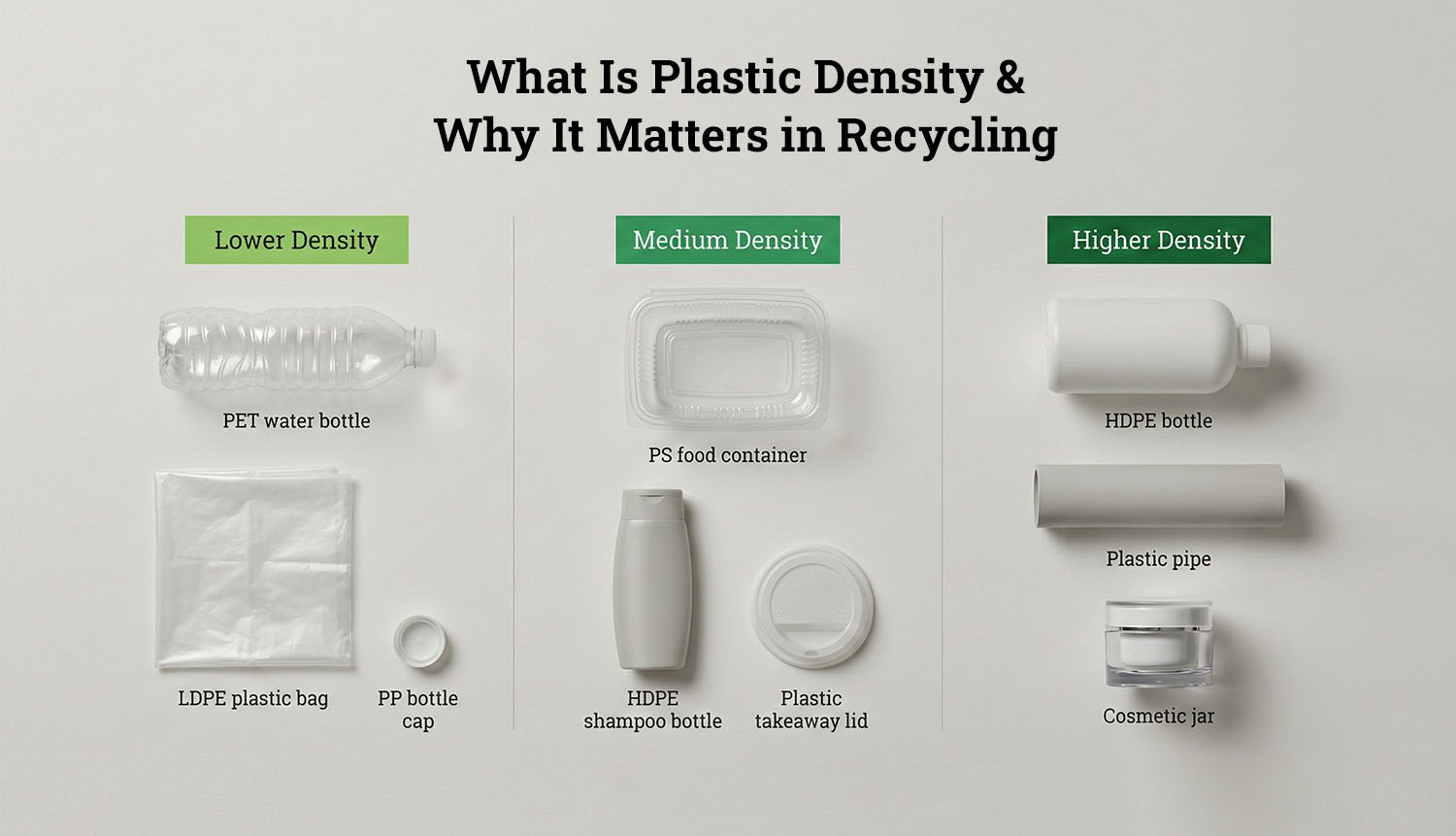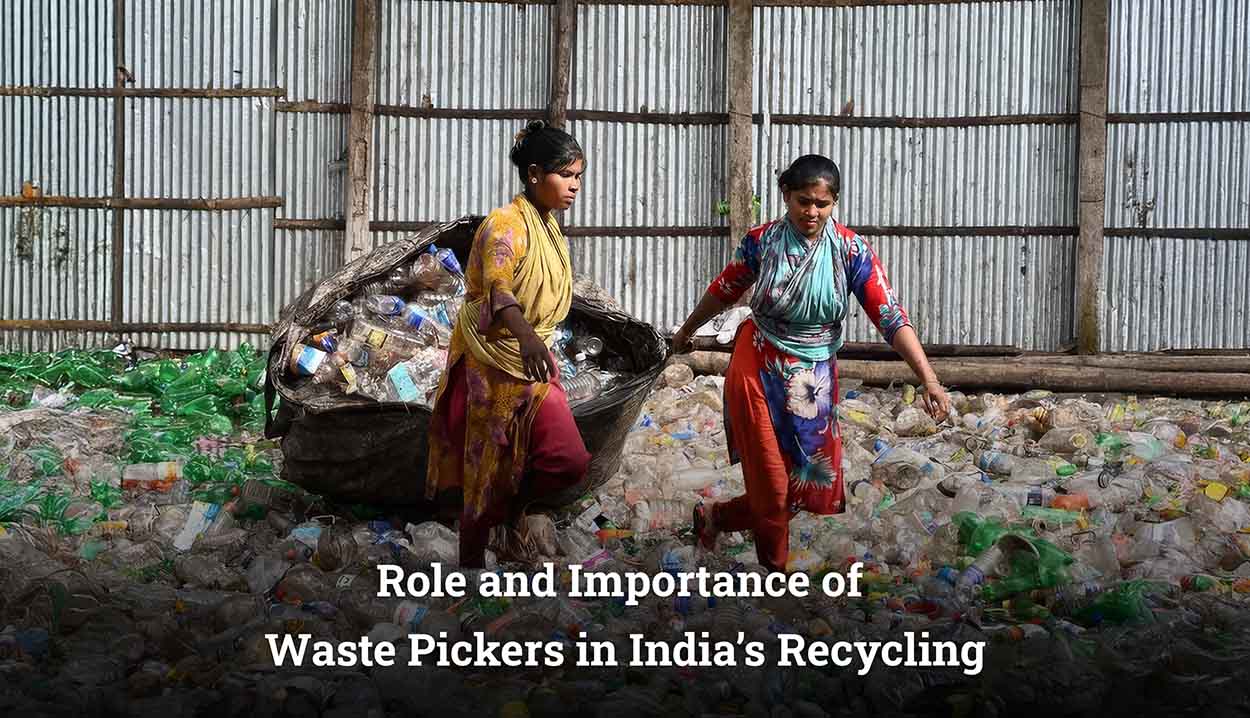The swift development of Indian industries and the increase in the number of consumers has led to the huge amount of waste that has been generated. In response to this, the regulatory authorities have laid down strict environmental management systems to maintain sustainability practices during the widespread industrial expansion. A key strategy in India’s waste management efforts is EPR compliance, that is, Extended Producer Responsibility. With the rising responsibility on the industries to deal with the post-consumer wastes properly, the EPR compliance in India has become obligatory for the environment and also the operational credibility of manufacturing units.
EPR compliance requires manufacturers, importers and brand owners (jointly termed PIBOs) to take responsibility for the entire lifecycle of the products they market, especially with regard to the disposal of these products. In all manufacturing sectors producing waste, from plastic waste, electronic goods to tyres and batteries, companies are mandated to introduce waste management measures in accordance with state standards in efforts to reduce the causes of pollution and their carbon footprints.
What is the need for EPR Compliance?
As a result of the volumes of waste affecting our ecosystems, the need to comply with extended producer responsibility through EPR compliance has become more and more urgent. Current disposal methods, disposal in landfills, and incineration are no longer enough to cope with the sheer scale and intricacies of the waste generated. The implementation of EPR offers environmental protection along with benefits for producers, the society and the government.
The extended producer responsibility EPR compliance system is designed for the management of waste including multiple stakeholders from local municipalities to the producers. This ensures more accountability from manufacturing to end of stage disposal.
Key reasons why EPR compliance is necessary:
Environmental sustainability
Effectively tackles the pollution problem through the proper collection, treatment, and disposal of waste.
Circular economy targets
Promotes reuse, recycling, and resource optimization.
Legal Mandates
Drives away the regulatory penalties and manufacturing unit shutdown risks for noncompliance.
Public health & safety
Eliminates hazardous substance pollution in the air, water, and soil.
What are the Types of EPR Compliance in India?
India’s EPR regulations are far reaching with respect to various types of EPR compliance that are under the control of separate sector-specific guidelines. For businesses that need to legally comply, it is vital they understand the different types of EPR compliance.
Here are the major types of EPR compliance:
For various types of plastic packaging, manufacturers are liable to ensure that the post consumer collection and disposal or recycling is done through authorized channels.
E-Waste EPR
Applicable to producers of electric and electronic devices. EPR compliance of E-waste includes partnerships with registered recyclers and establishing collection of old/used devices for safe recycling.
Battery Waste EPR
Lead-acid and lithium-ion batteries are hazardous to the environment. The EPR compliance for battery waste mandates the producer’s responsibility for the collection and disposal.
Tyre Waste EPR
All tyre waste producers and importers have to manage used tyres/ discarded tires. The EPR compliance includes preventing improper disposal, recycling or reusing tires.
Each category needs to register with the related authorities and submit regular reports through the online compliance portals.
What are the Benefits & Importance of EPR Compliance in India?
The EPR regulations do not just serve as a legal obligation, but it also comes with a plethora of operational and reputational advantages for companies in the waste management domain while contributing to sustainability.
Here are the benefits of EPR compliance:
Resource Conservation
EPR compliant businesses play a critical role in contributing to a circular economy by minimizing the waste generation and reliance on virgin raw material.
Regulatory Compliance
Legal risks are mitigated and continuity of operations is ensured.
Enhanced Brand Image
Contributions to the Sustainable Development Goals(SDG’s) improve through EPR compliance.
Potential cost reductions
Waste management plans and product design optimization can help cut long-term operational costs.
Data-Driven Developments
The mandatory requirement for reporting and monitoring systems, supports performance audits and process improvement.
The benefits of EPR compliance not only help companies achieve their sustainable goals but also aids in financial benefits for companies.
What are the documents required for EPR compliance in India?
Obtaining an EPR certificate necessitates a series of stages and the completion of concrete documentation. Hence, the undermentioned documents are the essentials for EPR compliance in India:
- Company’s Certificate of Incorporation
- PAN and GST details
- Authorized Signatory ID proof
- Product details and category classification
- Estimated quantities of products introduced in the market
- Waste management plans (collection, storage, transportation, and disposal)
- Agreement with authorized recyclers and processors
- Site plan of collection and storage centers (if applicable)
- Annual Return and Compliance Reports
These documents allow the authorities to make an assessment of your company on its EPR obligations’ readiness or preparedness for implementation.
How Banyan Nation helps overcome the EPR challenges
Moving through the process of India’s constantly transforming EPR landscape can become quite challenging especially for the organizations that are newcomers to compliance procedures. Expert partnerships with technology-driven and scalable solutions can solve these challenging problems.
A dependable EPR partner will deliver:
- Network Of Authorized Recyclers: Quick access to trustworthy processors across all types of waste.
- EPR Credit Management: Effortless tracing and purchasing validated credits.
Banyan Nation offers seamless integration with the CPCB EPR portal in India and is a proven partner to leading PIBO’s across industries. Registered with Verra’s plastic waste reduction program, Banyan offers end-to- end support for EPR credit purchases and compliance documentation.
Conclusion
EPR compliance is an essential element of India’s efforts at achieving sustainability. Taking on responsibility for the waste generated after manufacturing by producers is a way to protect the environment as well as; help reach the long-term circular economy objectives.
The understanding of the various types of EPR regulations in India, arranging the documents necessary, and utilizing the consultants and professionals are things that can be done to facilitate EPR compliance and preparing for the future.
These businesses that are now setting aside funds for the advancement of Extended Producer Responsibility EPR compliance systems will be the front runners in the journey towards a much cleaner and greener India as the rules and regulations become more stringent.
To know more about CPCB EPR authorization : Benefits of Obtaining CPCB EPR Authorization for Plastic Waste
FAQ's
Is EPR compliance mandatory in India?
Yes, EPR compliance is legally mandated for Producers, Importers, and Brand Owners across various product categories, including plastics, electronics, tyres, and batteries.
How often do I need to update or renew my EPR certificate? What documents are required for EPR Compliance?
Typically, EPR authorization must be renewed annually or as per the guidelines of the relevant waste category. It is important to review the documents for EPR compliance per the CPCB portal and waste category while filing compliance reports.
What is the role of recyclers in EPR compliance?
Recyclers are critical to fulfilling EPR obligations.Recyclers act as intermediaries that are responsible for processing, collecting and processing waste. Only CPCB/State Board-authorized recyclers can help companies earn EPR credits and validate compliance.
Can third-party consultants help with EPR compliance?
Yes, consultants can help simplify the compliance process by managing documentation, and connecting to verified recyclers.

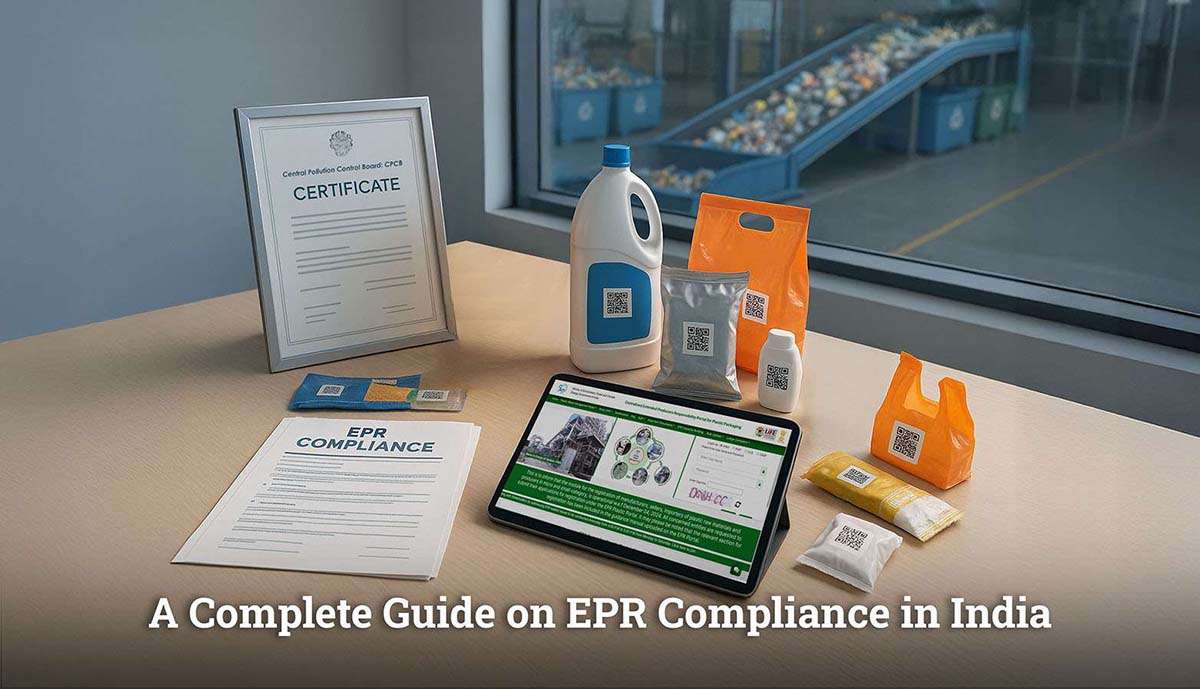
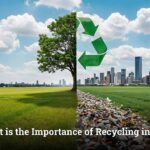 What is the Importance of Recycling in India?
What is the Importance of Recycling in India? What Is Plastic Density & Why It Matters in Recycling
What Is Plastic Density & Why It Matters in Recycling How Waste Pickers Play a Crucial Role in Recycling
How Waste Pickers Play a Crucial Role in Recycling Why Burning Plastic Is Unsafe and Recycling Is the Better Solution
Why Burning Plastic Is Unsafe and Recycling Is the Better Solution Why “Design For Recycling” Matters for Companies
Why “Design For Recycling” Matters for Companies